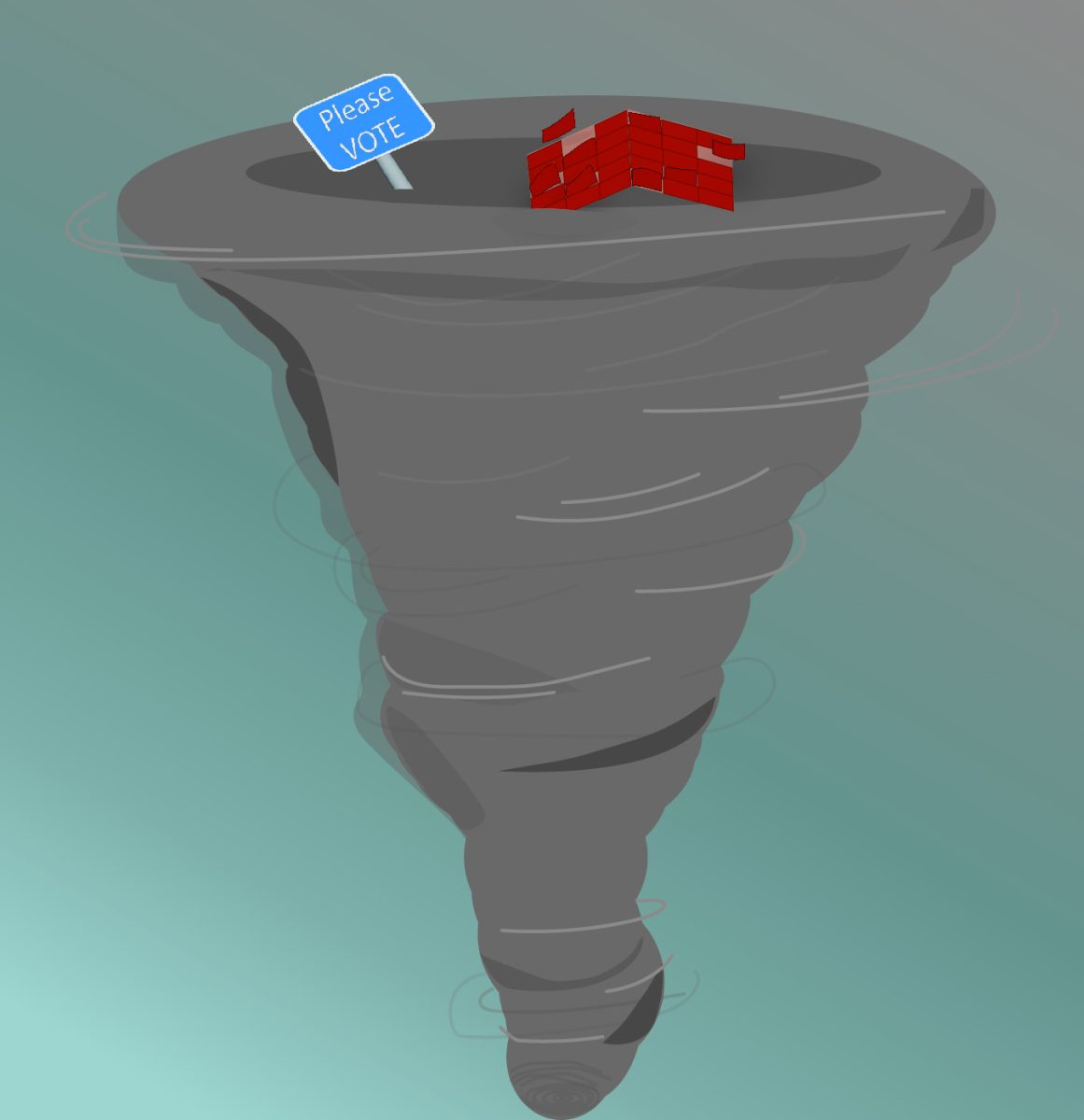

College-age women are four times more likely to be sexually assaulted, according to the Rape Abuse and Incest National Network (RAINN). Education may be the easiest way to help prevent sexual violence on campus.
“We want people to be aware of the issue, and what constitutes violence—what sexual violence is,” assistant director of Counseling Services Melissa Hernandez said. “Secondly, not to be a passive bystander—if you see something happen at a party, if a friend comes and tells you they have been a victim of rape, know what steps to take.”
In observation of Rape Abuse and Incest National Network (RAINN) day, Sept. 23, Counseling Services partnered with Women’s Resources to host two sexual assault seminars to spread the word about services available to victims and bystander intervention.
RAINN offers two avenues to help victims: telephone and online hotlines. The hotline number is 800.656.HOPE, and the online hotline is accessible via a link from the RAINN website.
“Just because someone might be under the influence doesn’t mean they deserve to have anything like that happen to them,” Hernandez said. “Sometimes we get into blaming the victim—‘they shouldn’t have been at that party,’ ‘they shouldn’t have been wearing that,’ ‘they shouldn’t have been drunk’—none of those things makes someone deserve to have rape happen to them.”
Students wanting to get further involved may volunteer at the Women’s Resource Center, the San Antonio Rape Crisis Center, or volunteer at RAINN itself.
“We’re not asking people to get in between a fight,” Hernandez said. “We’re not asking them to put themselves at risk.”
Shea Selby, undeclared freshman, tries to come up with a plan before she goes out alone at night, and that includes knowing lighted areas and the location of emergency call boxes.
“During the day I feel safe, but at night I feel scared because this campus is so open,” Selby said. “Just in case, I keep mace with me and try to pay attention.”
In 2008, two forcible sex offenses were reported to the UTSA police department.
“Anecdotally, I think all those types of violence are very under-reported,” Hernandez said. “However, we hear of incidents—people coming in saying they have experienced these things but haven’t reported it to the police. It’s hard to quantify these issues when they’re not being reported.”
The movement to allow Chili’s Too to serve alcohol on campus could affect the number of sexual assaults, but at the University of Texas at Dallas, where alcohol is already served on campus, the hours are restricted from 5:00 p.m. to 10:00 p.m. and there is a two drink per person limit.
“I think abuse of alcohol can lead to a lot of bad things happening; sexual assault is one of them,” Hernandez said. “I would want people to be aware that it can put someone more at risk because people under the influence might make choices that they wouldn’t ordinarily make.”
A person under the influence is not legally able to give consent. RAINN recommends never leaving a drink unattended, creating buddy systems and calling emergency services immediately if a person has been drugged.
“[Alcohol consumption] could contribute to the assaults, depending on how much they drink and personal history,” Selby said.
Though a typical nightmare might involve a victim being attacked in a poorly lit parking lot, Hernandez said that more often the victim knows the attacker. That could account for sexual violence crimes going unreported, and could also decrease the chances of a bystander intervening in the assault.
“I would be more likely to say something, but I think they would be less likely to act on it,” Selby said. “It changes when you know somebody—it’s less personal confronting a stranger.”
Victims seeking help at Counseling Services are not pressured into reporting the incident. Hernandez said that those seeking help are given all their options while the counselors stay as impartial as possible.
“It is not a crime of sex, but a crime of power and control,” Hernandez said. “The last thing we want to do to a victim is take away their control. We want to empower them to make their own choices.”





